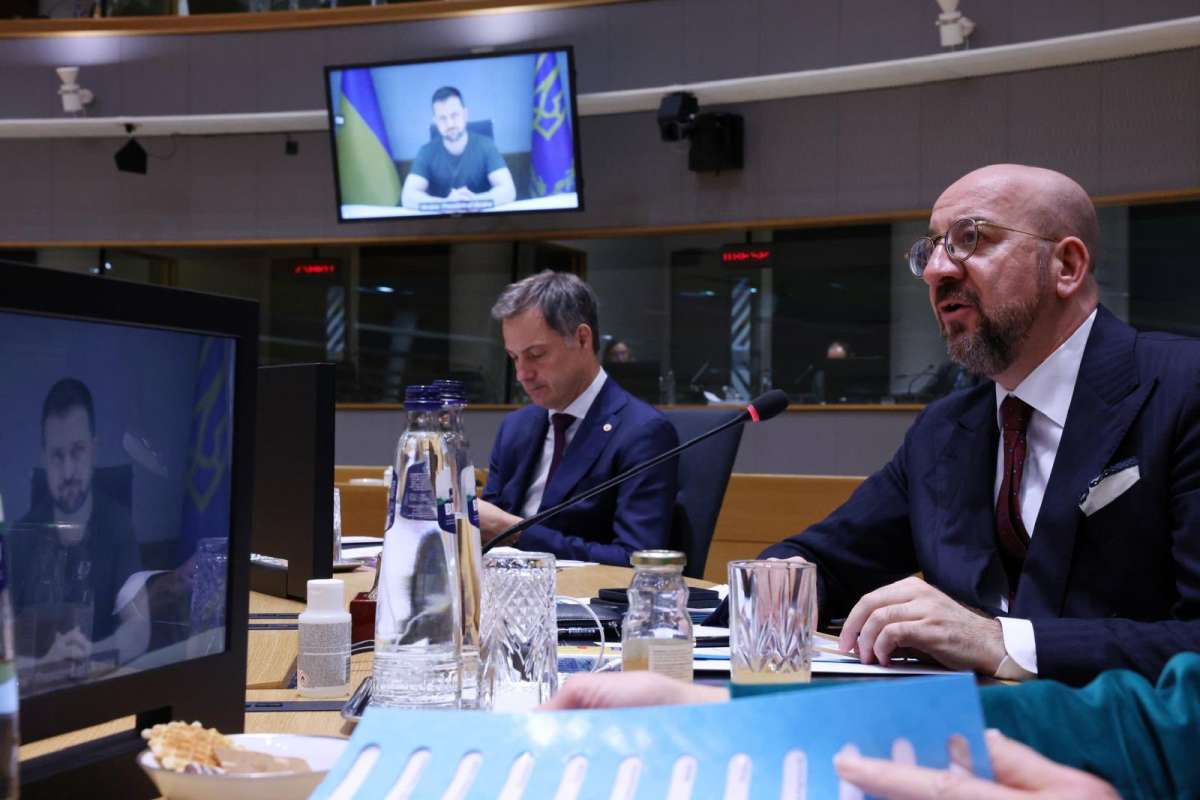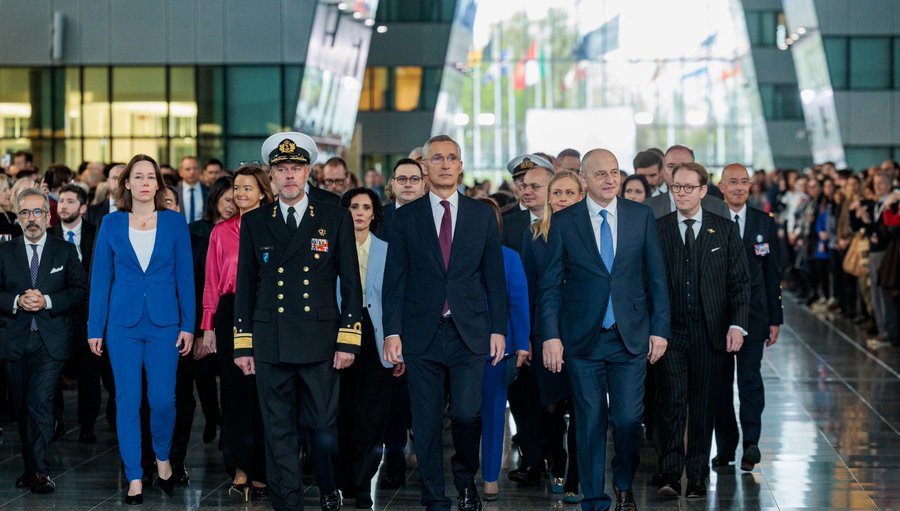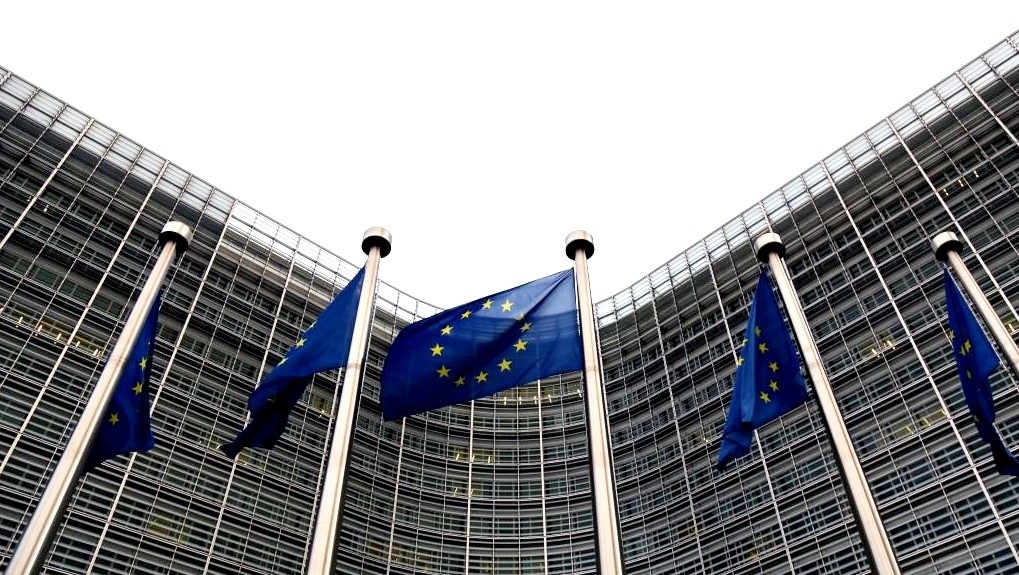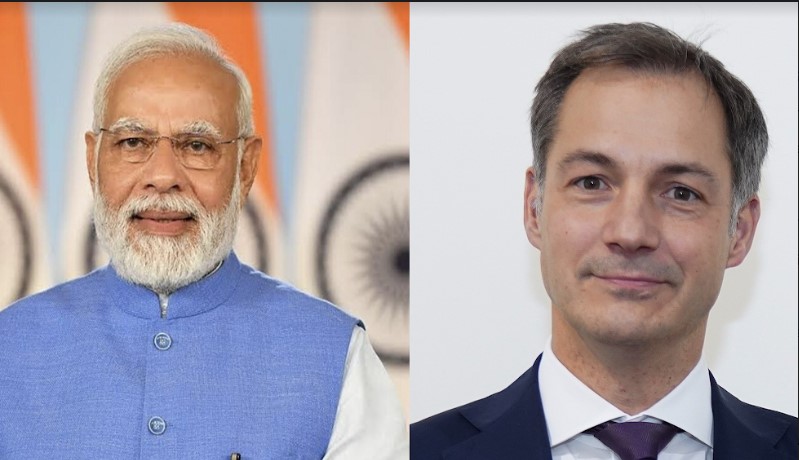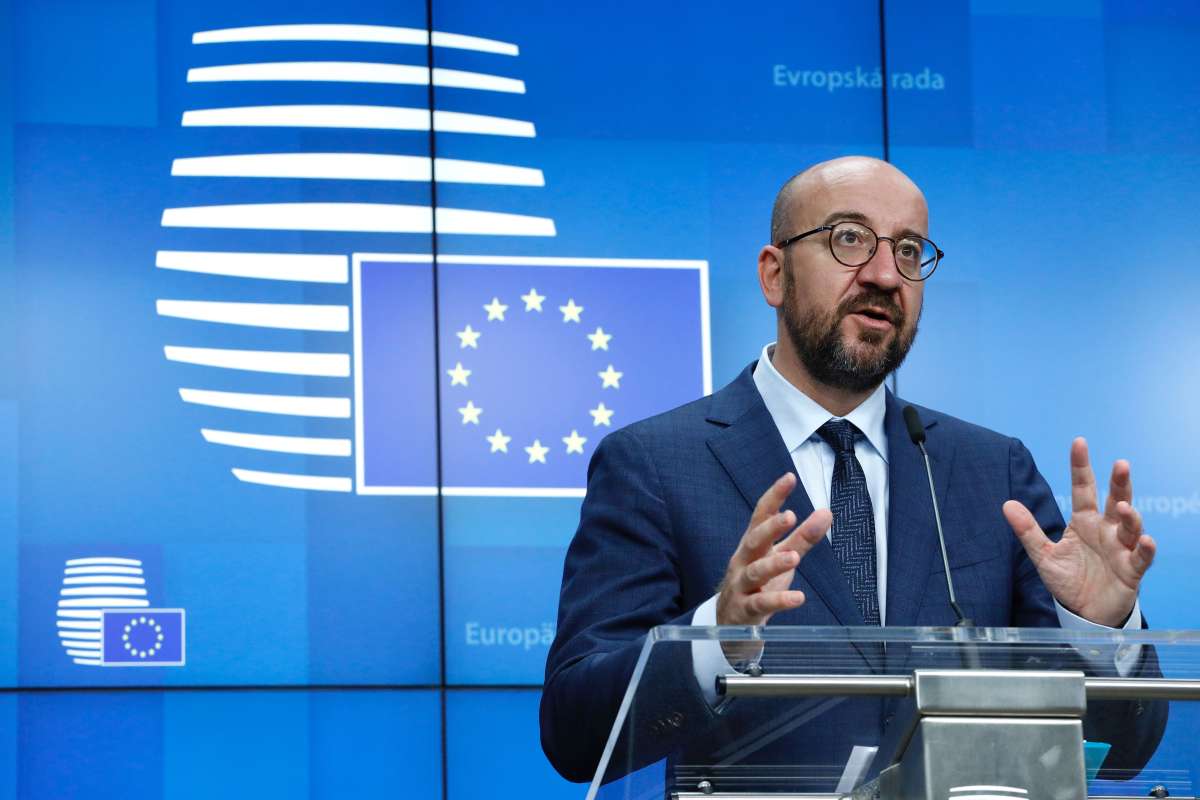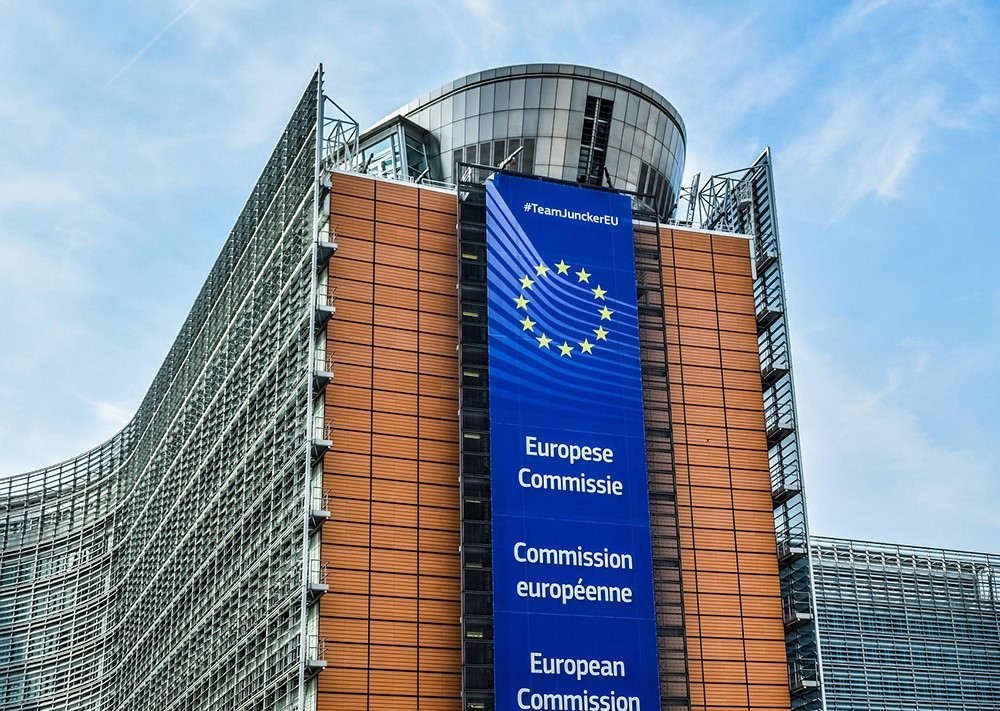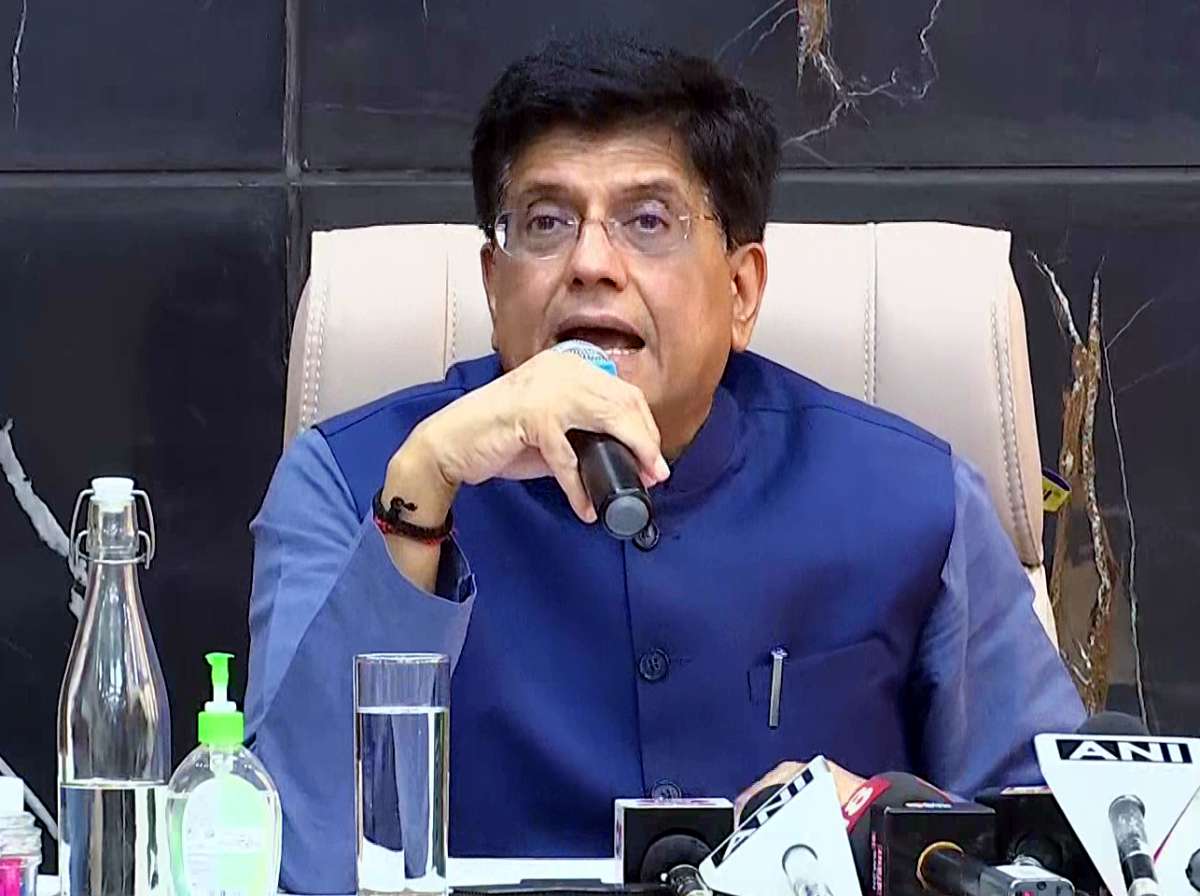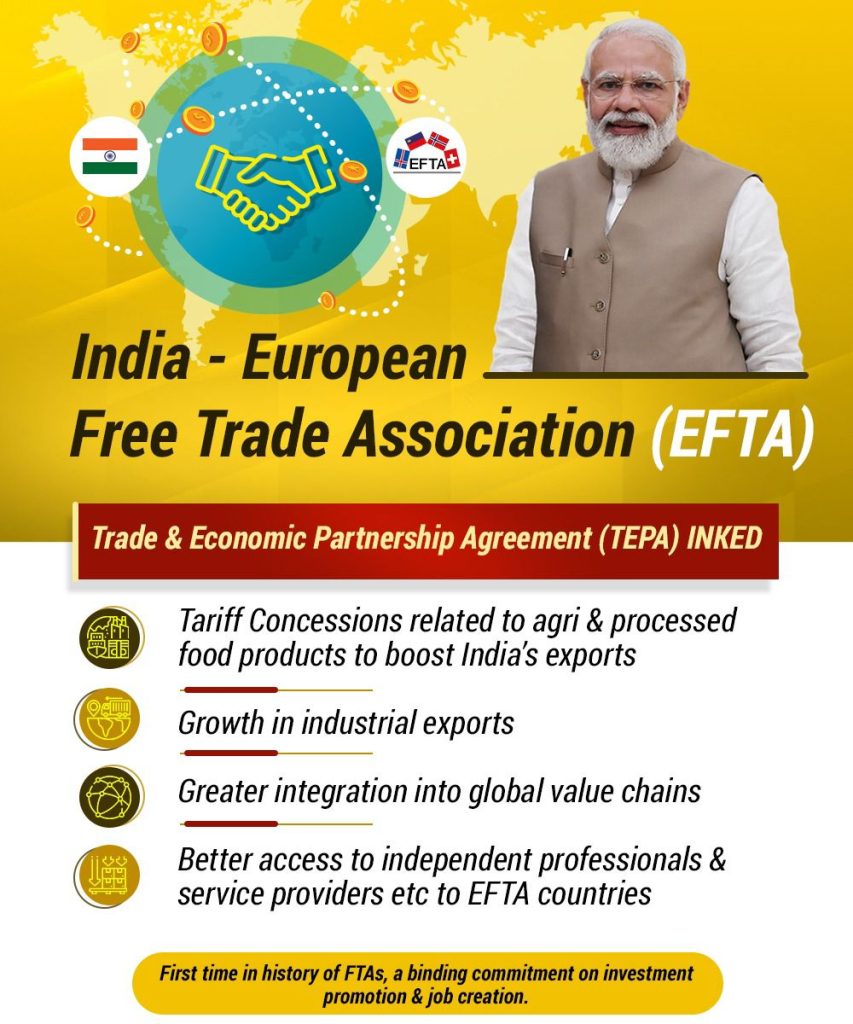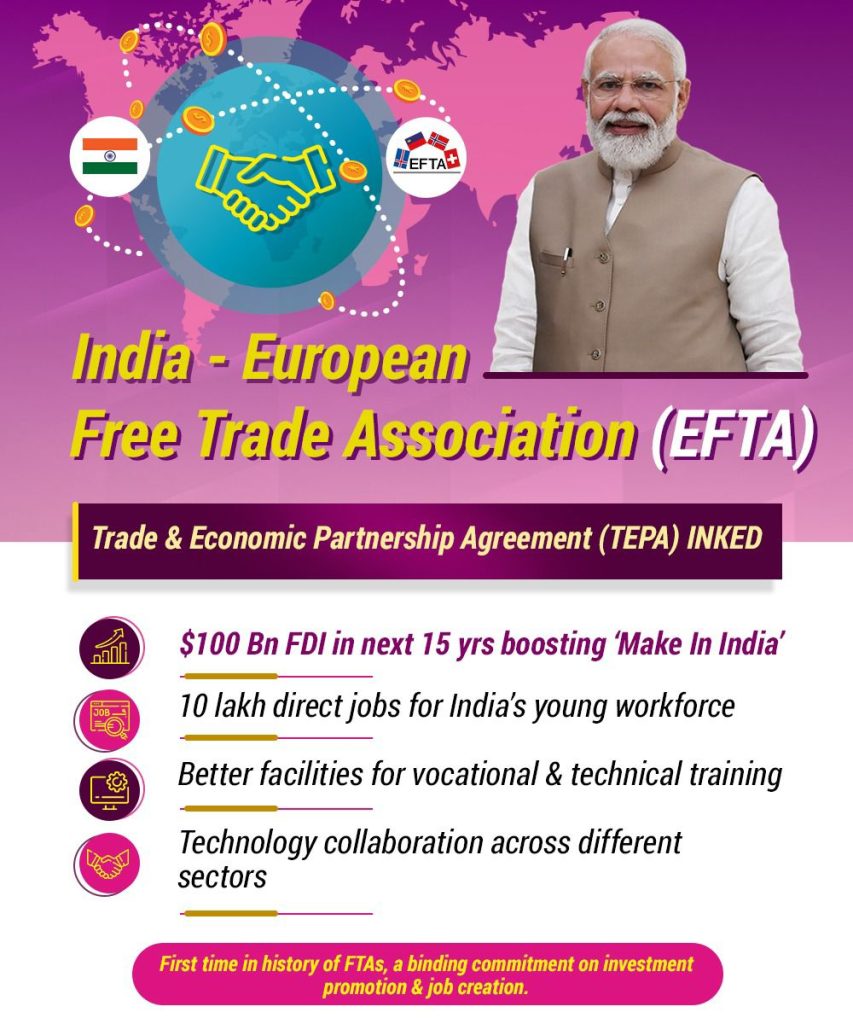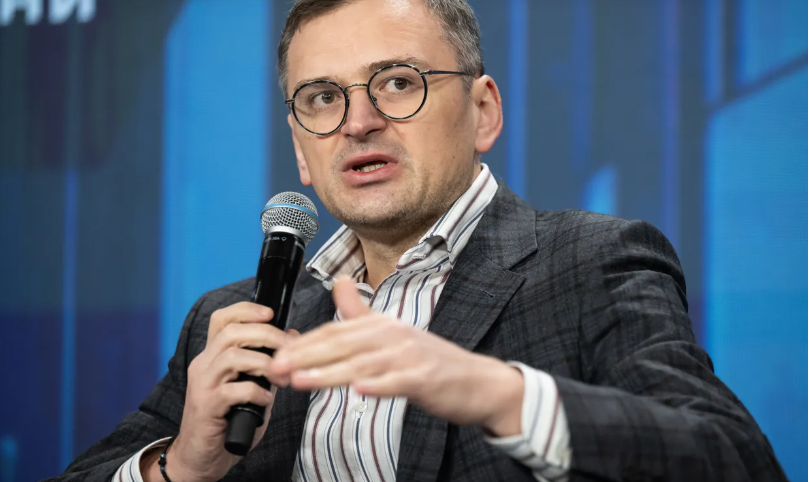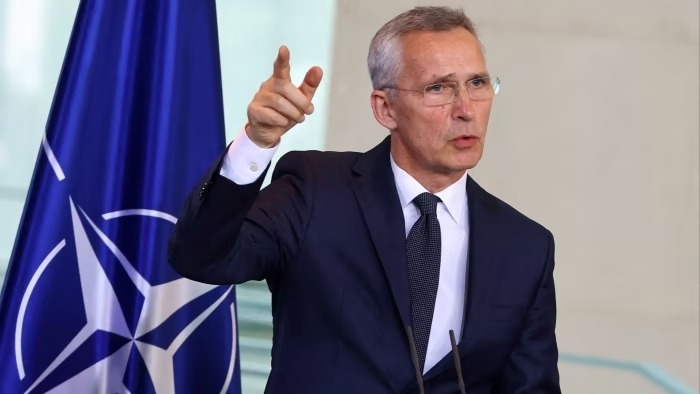EU leaders appealed for calm as Israel weighed a response to the drone and missile attack from Iran on Saturday….reports Asian Lite News
European Union leaders agreed late on Wednesday on new sanctions targeting Iran for the direct attack on Israel.
The EU has decided “to put in place sanctions against Iran”, European Council President Charles Michel told reporters in the early hours of Thursday morning after the first day of a two-day summit.
“The idea is to target the companies that are needed for the drones, for the missiles,” he said. Further details are to be finalized, he added.
“The European Union will take further restrictive measures against Iran, notably in relation to unmanned aerial vehicles (UAVs) and missiles,” the EU leaders’ statement said.
The EU summit on Wednesday and Thursday was originally meant to focus on the bloc’s economy and its competitiveness. But rising tensions in the Middle East pushed the economic discussion into the second day’s agenda.
EU leaders appealed for calm as Israel weighed a response to the drone and missile attack from Iran on Saturday.
German Chancellor Olaf Scholz urged Israel not to retaliate against Iran with a “massive attack of its own” on his arrival.
Scholz called on Israel to now use the successful defence against Iran’s missile and drone attack “to strengthen its own position in the entire region.” On this basis, “a corresponding military response would certainly not be appropriate,” he said.
Iran said the drone and missile attacks were retaliation for the killing of high-ranking Iranian officers in a missile strike on Iran’s embassy in Syria at the start of the month.
Sanctions may be imposed through a regime set up after Iran began supporting the Russian war on Ukraine by supplying Moscow with drones.
These sanctions banned the export of components used for the construction and production of unmanned aerial vehicles to Iran, and may be expanded to make it harder for Iran to produce missiles.
Calls from Israel to designate the Islamic Revolutionary Guard Corps (IRGC), the elite unit of the Iranian armed forces, as a terrorist organization are more difficult to meet.
The IRGC would first have to be prosecuted by a national authority for terrorist activities under EU law to prompt this sanction. Scholz said however a recent court ruling in the EU, concerning the activities of the IRGC, is being examined by EU officials.
This could open the way to a terrorist designation for the IRGC, Scholz said. Belgian Prime Minister Alexander De Croo said his country would support sanctions on the IRGC.
As well as the Middle East, EU leaders also discussed Ukraine’s need for air defence weapons with the country’s president, Volodymyr Zelensky, who joined the meeting by video call.
In his address to EU leaders, Zelensky called for greater support against Russian air assaults.
He drew a comparison between the support Israel received where US, French, and British jets helped shoot down Iranian drones and missiles and the help, or lack thereof, that Ukraine receives against Russian bombardment.
“Here in Ukraine, in our part of Europe, unfortunately, we do not have the level of defence that we all saw in the Middle East a few days ago,” he said. “Our Ukrainian sky and the sky of our neighbours deserve the same security,” he added.
The EU leaders’ statement “underlines the need to urgently provide air defence to Ukraine and to speed up and intensify the delivery of all the necessary military assistance, including artillery ammunition and missiles”.
Germany has already delivered two Patriot surface-to-air missile systems to Ukraine and will deliver one more, Scholz said.
Dutch Prime Minister Mark Rutte said the Netherlands and Denmark are working together to provide F16 fighter jets.
“We know that we have to do more than we have been doing so far to support Ukraine now. This applies in particular to all the air defence capabilities that are required,” Scholz said.
ALSO READ: US Plans Sanctions on Iran After Attacks on Israel

